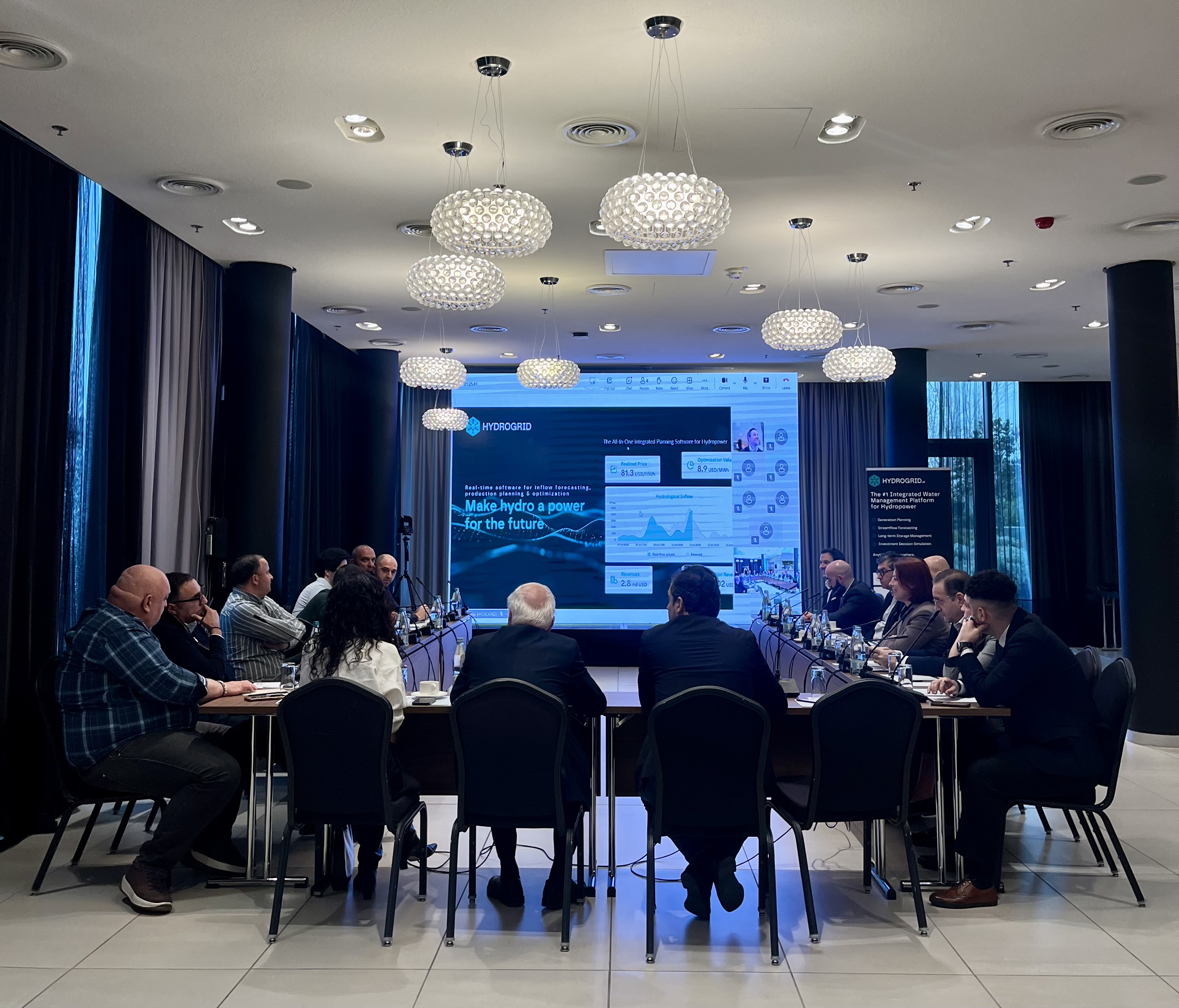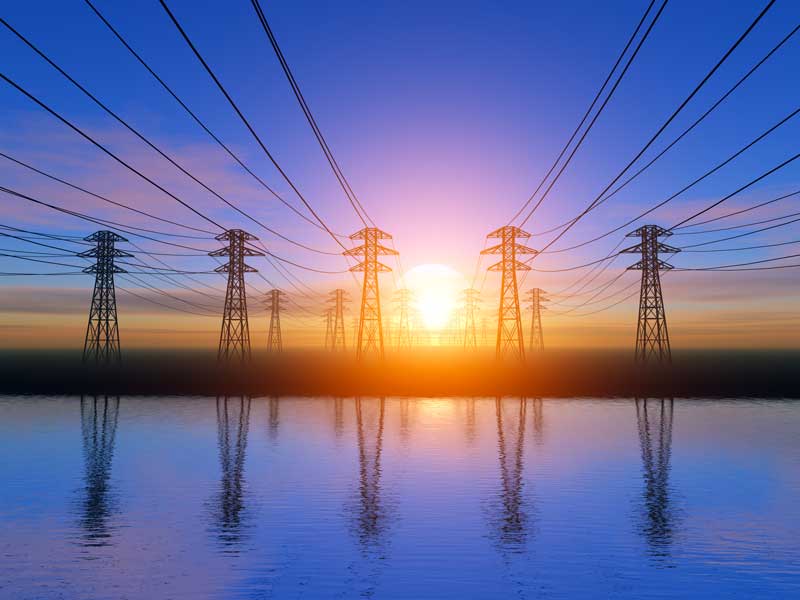Interview: Donal O’Leary on leadership in corporate governance
Donal O’Leary has represented Transparency International throughout the multi-stakeholder methodology that created and now governs the Hydropower Sustainability Assessment Protocol. In this interview, he discusses the importance of accountability in hydropower development, and how it is addressed by the protocol – a tool that assesses the sustainability of projects across a range of topics.

Why is Transparency International looking at hydropower?
One of the issues with hydropower projects is that invariably they involve large civil works contracts, and civil works contracting is a sector under particular scrutiny for Transparency International.
So the hydro sector is linked in terms of perception of corruption, and anything that can be done to reduce the risks will make it easier for people to get financing to implement the project.
How can malpractice risks be addressed?
There are three aspects I think that are important. Bad practice in civil contracting relates to the project in terms of the selection of contractors, and the supervision of the implementation of the contracts. Then you have the organisations that are responsible for implementing the project.
It’s also important that they should demonstrate that they are organisations of integrity, and one of the keys in my opinion is leadership.
If the chief executive of the chief developer shows leadership in terms of promoting integrity, that gives people a lot of confidence that corruption issues will be dealt with properly.
The protocol is being applied in Africa for the first time. How can it help development there?
If the chief executive shows leadership in terms of promoting integrity, that gives people a lot of confidence"
The protocol can be very helpful in Africa in a number of ways:
First, it can be very useful in identifying sustainable projects, using the early stage tool; second, in its application at the project preparation, implementation and operation stages, it can used to identify sustainability gaps and lead to the development of action plans to improve project performance; and third, it can be used as a capacity development tool for all stakeholders interested in promoting sustainable hydropower.
At the same time, it is important to have realistic expectations in terms of the performance and scoring of hydroelectric projects in developing countries, including in Africa. If the protocol can help projects move up to the level of basic good practice, it will be doing an excellent job.
What is most challenging in managing those expectations, and being clear that the protocol is about continuous improvement rather than pass or fail?
We should not allow ourselves to fall into the trap of 'the perfect being the enemy of the good'. For most projects, right now, achieving basic good practice will be a good result.
The challenge about being clear that the protocol is about continuous improvement rather than 'pass or fail' is that most stakeholders are more familiar with 'pass or fail' guidelines. Thus, in every briefing to stakeholders on the protocol, I would suggest that it be explained that it is a tool for continuous improvement.
Transparency International is convening a session on good corporate governance at the 2015 World Hydropower Congress. You can find out more here.










